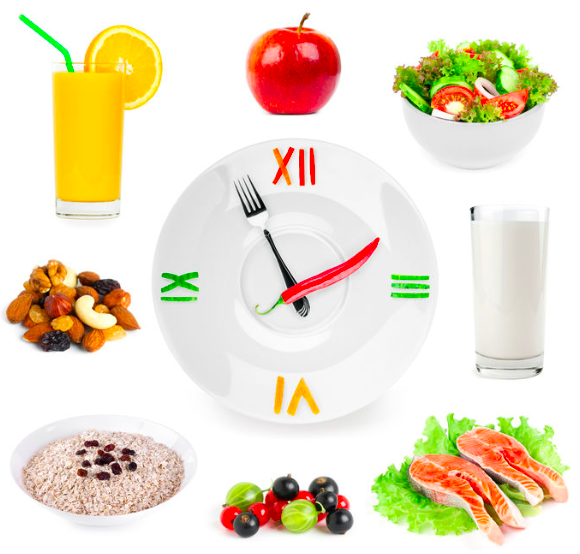7 Tips for a Balanced Diet Before Going to Sleep
Maintaining a balanced diet is essential for overall health and wellbeing. However, what you eat before going to bed can have a significant impact on your sleep quality and metabolism.

Additionally, insomnia affects more than 70% of adults worldwide. Sleeplessness can range from mild to severe. If you find sleeping difficult, you should consider changing your diet. Below are seven healthy eating tips to help you sleep better at night:
Eat early in the day
Eating early in the day allows your body plenty of time to break down and digest the food in your system. However, when you do not eat early, you increase your chances of sleeplessness. This is because your body will have to work to break down and absorb your food when it should be resting.
Consume enough fiber and diary
Melatonin is a hormone found in oats, wheat, and barley grains. This hormone induces sleep for those that are deprived. Add it to your bedtime meal schedule for the best results. Dairy products such as yogurt with probiotics can help to aid digestion.
Increase your intake of leafy vegetables and fruits
Fruits and leafy vegetables are high in antioxidants and essential nutrients, aiding in better sleep. As such, it is vital to Increase your intake of fruits and leafy vegetables to help your sleep. Examples of such fruits are kiwi and cherries.
Eat less sugar and fat
Too much sugar will make it difficult to fall and stay asleep. This is because sugar and fat promote fat accumulation in the body. As a result, the extra weight disrupts your sleep pattern by interfering with your brain's sensitivity. So you'd be wise to limit your sugary drinks and food intake to sleep better at night.
Avoid caffeine and energy drinks
Caffeine is present in drinks like coca-cola and tea, and cocoa products like chocolate also contain it. Consuming them before bedtime will disrupt your sleep pattern. Also, caffeine is a stimulant that alters your body's natural processes. Caffeine in energy drinks also blocks sleep receptors and the production of sleep hormones. So you should avoid them entirely at least 6-8 hours before bed. As its effects stay in the body for up to eight hours.
Eat plenty of vegetables
According to one study, a diet high in vegetables is necessary for a good night's sleep. So you want to eat more lean protein to help you sleep better at night. This is because vegetables help the body produce the sleep hormones melatonin and tryptophan.
Eat a light dinner
According to the National Sleep Foundation, eating a big dinner before bed causes indigestion and heartburn. As such, it can keep you awake during the night. Instead, eat a light or small dinner a few hours before bedtime.
The seven tips we've discussed can help you achieve a balanced diet before going to sleep. So, take these seven tips to heart and start making the necessary changes to your diet today, and you'll be well on your way to achieving a balanced and fulfilling lifestyle.
